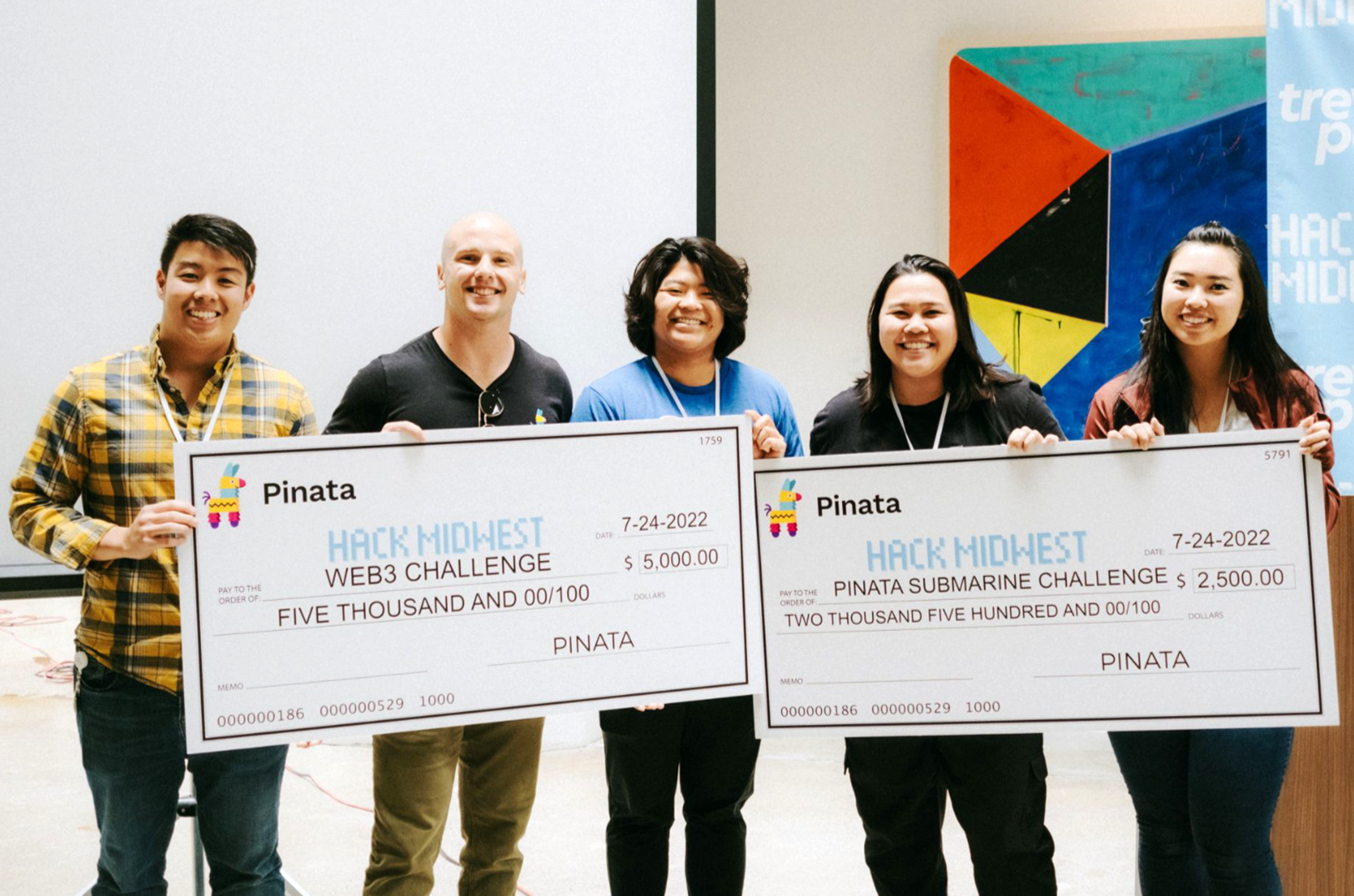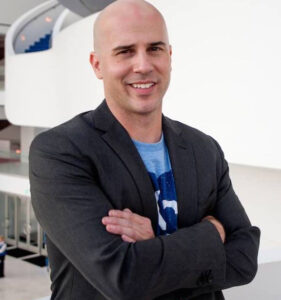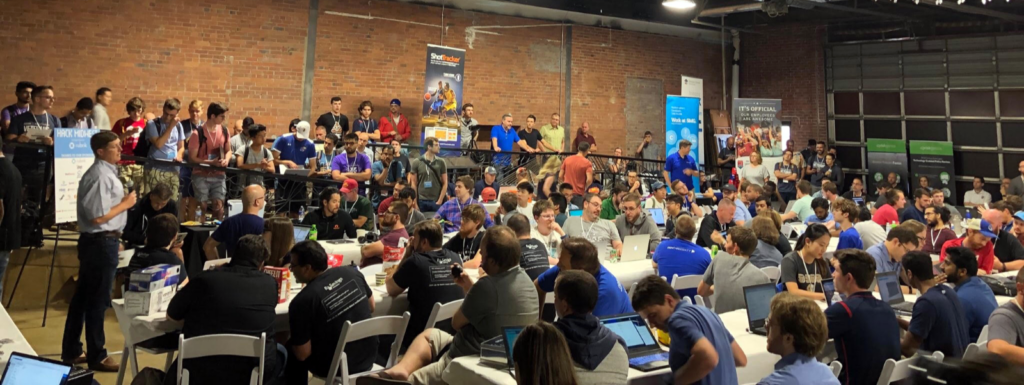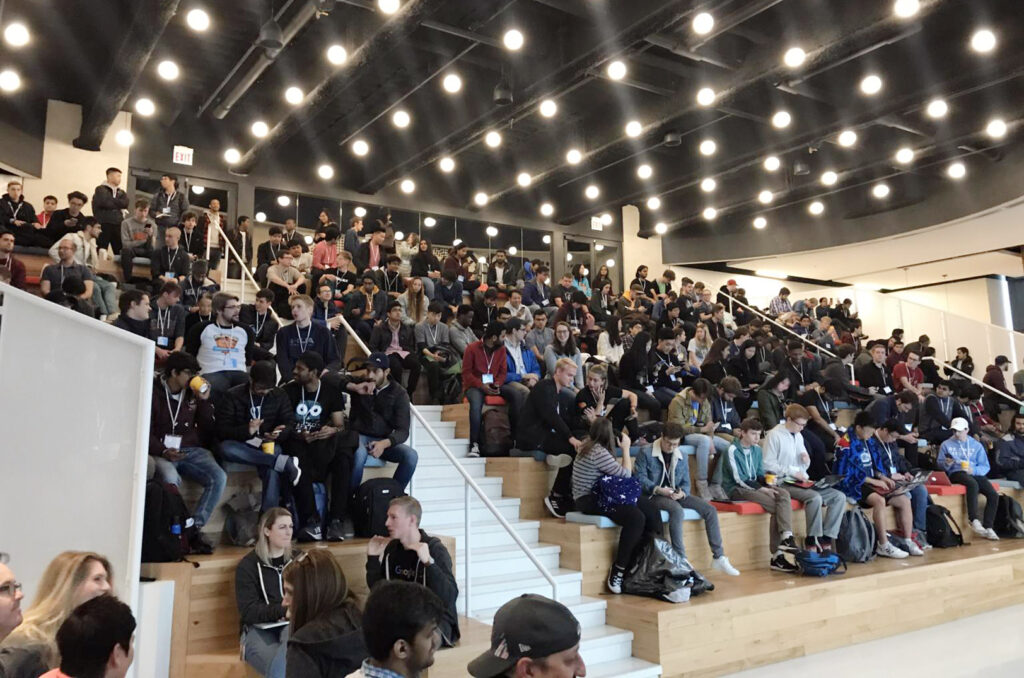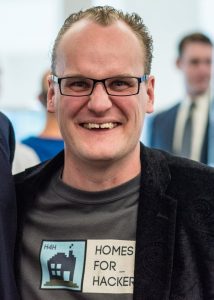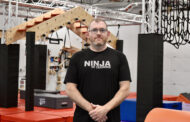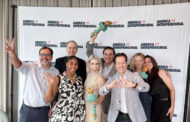Kansas City’s largest app building competition is set to return in September — with more than 300 software engineers competing in teams for a piece of $22,500 in winnings.
Hack Midwest, which began in 2012, brings together developers for a 24-hour “hackathon,” during which the teams race against the clock — and each other — to create a mobile or web-based app.
“Getting a bunch of passionate people together to build things over a weekend, you can’t really explain it,” said Michael Gelphman, founder of Hack Midwest. “It’s just this special occurrence to get all these smart people together in one room, and they all feed off it. People level themselves up and raise the bar in terms of what they’re able to produce.”
This year’s hackathon is planned for Sept. 23-24 at the Lightwell building in downtown Kansas City. The winning team will receive a $10,000 grand prize. A $5,000 prize, and three allotments of $2,500 will also be awarded.
In addition to the main competition, Hack Midwest also sponsors a corporate challenge, and a college challenge. Companies and universities can sign up one or more official teams for a chance at bragging rights and community recognition.
Though Hack Midwest draws primarily local participants, collegiate teams from as far away as Texas and Utah will travel to Kansas City for the competition, according to Gelphman.
“It’s cool because we’re bringing them to Kansas City,” he said. “They’re here for this special event, and they can get acquainted with the local tech community.”
Applications are open now to any interested software engineers, including those without a team, who will be partnered with other individual participants on event day.
Developing bonds
Beyond just creating technology solutions, Hack Midwest is about building community and connections, Gelphman said.
“I’m a big believer in in-person events,” Gelphman said. “I believe that connecting people changes lives, so if you can get people who are passionate about what they do all in one room, amazing things can happen.”
A number of Hack Midwest participants through the years have formed lasting relationships, landed jobs, and met professional mentors at the competition, according to Gelphman.
“I know that people have made friends,” he said. “They’ve gone on to work at the companies of engineers they’ve met at the event. They’ve found cool jobs. They’ve met other engineers who they can learn from, or have an impact on their careers.”
Gelphman’s other main objective for the competition is to encourage entrepreneurial thinking, he said, and instill self-belief within every developer.
“Really, my goal is to make people think more entrepreneurially,” he said. “That’s the purpose of Hack Midwest, because I don’t think people understand what we’re capable of as human beings — to build something, and to create something new. For some people, maybe they don’t know that they’re capable of that, so this event can help show them.”
“Maybe they’ll go on to create startups,” Gelphman continued. “Even if they don’t, they learned a lot, and it gets them inspired. … Those are the types of intangibles that you can’t put a metric on.”
A transformative experience
Though the event lasts only one weekend per year, Gelphman hopes that the impact of Hack Midwest can be felt year-round, he said.
“It not only gives people an outlet to create things, but it also can become an anchor to the city,” Gelphman said. “You’re giving people this outlet amongst other passionate people, and then they see that, ‘Hey, there’s all these other awesome people who I don’t know in my city.’”
Gelphman believes fostering that sense of camaraderie can keep tech talent in Kansas City.
“It helps to create those community ties so that if they’re thinking about moving to the coasts, maybe they don’t do that,” he said. “It’s critical to the city to keep talent here. Those types of things can happen based on who they meet participating in this.”
Hack Midwest also works to cultivate a culture of innovation in Kansas City, Gelphman said, sharing the story of Ben Barreth, who founded the “Home for Hackers” in the Kansas City Startup Village after attending the inaugural Hack Midwest competition.
“It’s just proof of what can happen,” he said. “Maybe that would have happened anyway, but it’s an interesting thought experiment. … That’s really a sign of a larger impact.”
While that specific chain of events continues to touch many lives, Gelphman said the competition’s greatest impacts can be felt on an individual level.
“It’s really been transformative for a lot of people in terms of their ability to comprehend what they’re capable of as humans to do in a small period of time,” Gelphman said. “That’s really the purpose: to get them thinking about what’s possible. It’s a team-based competition, but the individuals really see the most transformative effects.”



